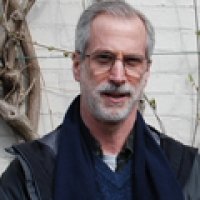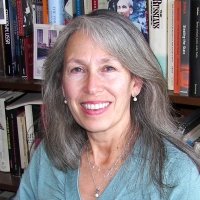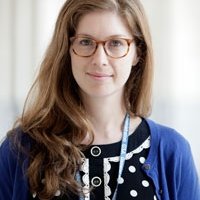Fortress Dark and Stern: The Soviet Home Front during World War II
After Hitler's invasion of the Soviet Union in 1941, German troops seized the heartland of Soviet industry and agriculture and turned the occupied territories into mass killing fields. The Red Army, overpowered by the blitzkrieg, suffered successive defeats. Yet in contrast to the state’s initial military failures, its policies on the home front were far more effective. Fortress Dark and Stern chronicles the impact of total war on ordinary people who withstood starvation and horrific conditions to provision the front and make the Allied victory possible.
Donald Filtzer is Professor Emeritus of Russian History at the University of East London in the UK. He received his Ph.D. from the University of Glasgow in 1976. He has authored a series of monographs on Soviet workers during the Stalin, Khrushchev, and Gorbachev periods, including Soviet Workers and Late Stalinism: Labour and the Restoration of the Stalinist System After World War Two (Cambridge University Press, 2002) and The Hazards of Urban Life in Late Stalinist Russia: Health, Hygiene, and Living Standards, 1943-1953 (Cambridge University Press, 2010), both of which have appeared in Russian editions (Rosspen, 2010 and 2018 respectively).
Wendy Z. Goldman is the Paul Mellon Distinguished Professor of History at Carnegie Mellon University. Her early work focused on family policy, women, and industrialization in the Soviet Union. She wrote about Stalinist repression in Terror and Democracy in the Age of Stalin: The Social Dynamics of Repression (2007) and Inventing the Enemy: Denunciation and Terror in Stalin’s Russia (2011.) More recently, she focused on World War II in Hunger and War: Food Provisioning in the Soviet Union During World War II (Indiana University Press, 2015) (co-editor Donald Filtzer.) Her books and articles have been translated into Russian, Czech, Spanish, Portuguese, Italian, German, and Japanese.
The Washington History Seminar is co-chaired by Eric Arnesen (George Washington University and the National History Center) and Christian Ostermann (Woodrow Wilson Center) and is organized jointly by the National History Center of the American Historical Association and the Woodrow Wilson Center's History and Public Policy Program. It meets weekly during the academic year. The seminar thanks its anonymous individual donors and institutional partners (the George Washington University History Department and the Lepage Center for History in the Public Interest) for their continued support.
Speakers


Moderators

Woodrow Wilson Center

Professor of History, The George Washington University. Director, National History Center of the American Historical Association.
Panelist

Assistant Professor of History, Boston College
Hosted By

History and Public Policy Program
A global leader in making key archival records accessible and fostering informed analysis, discussion, and debate on foreign policy, past and present. Read more


Kennan Institute
The Kennan Institute is the premier US center for advanced research on Eurasia and the oldest and largest regional program at the Woodrow Wilson International Center for Scholars. The Kennan Institute is committed to improving American understanding of Russia, Ukraine, Central Asia, the South Caucasus, and the surrounding region through research and exchange. Read more
